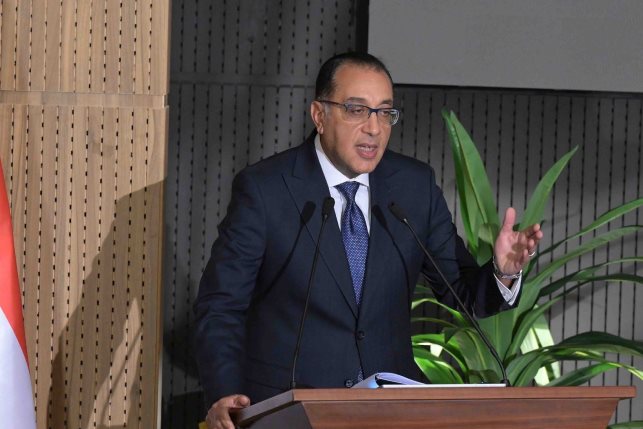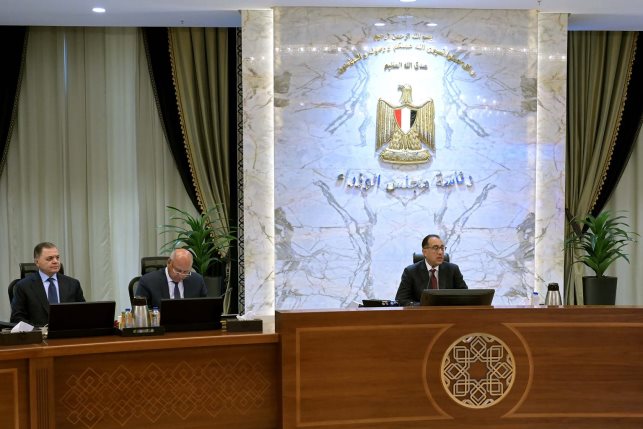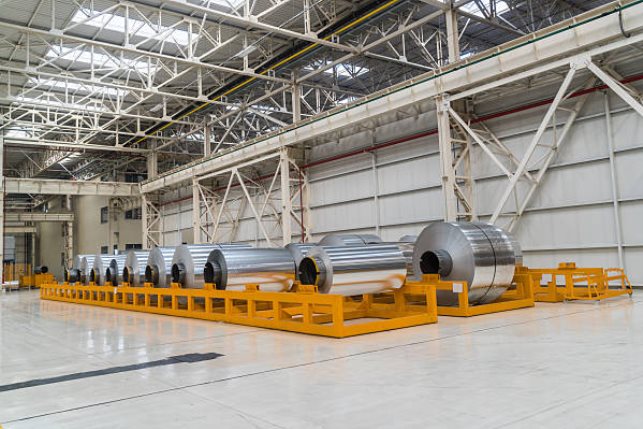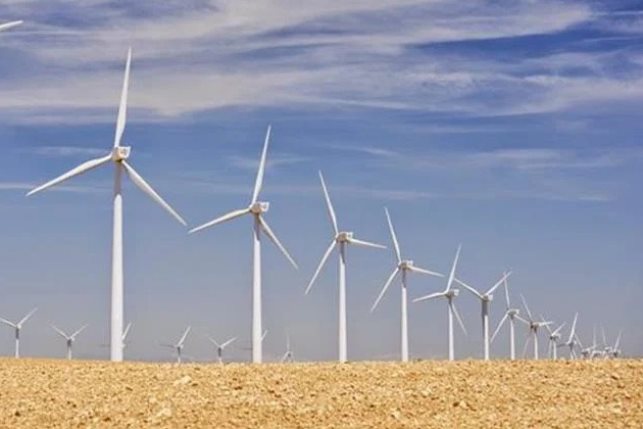MoICMin and WBG's Dajani discuss co-op in green cities, transport, and more
The meeting’s agenda included tackling opportunities for future cooperation in the field of green cities, transport sector and sustainable infrastructure
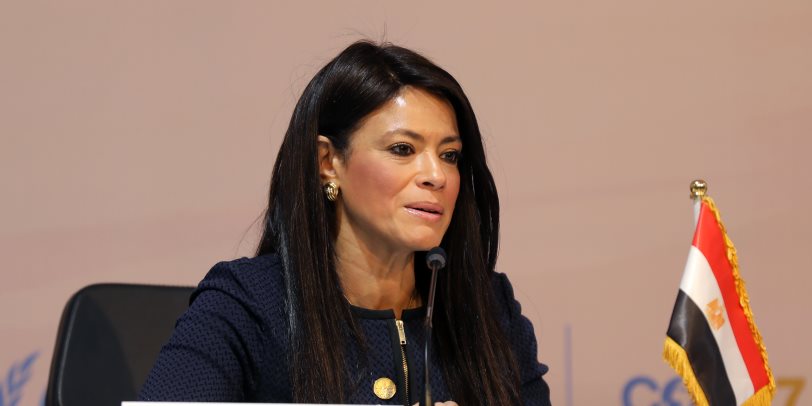
Aiming to stimulate private sector investments and discussing joint cooperation opportunities, Minister of International Cooperation Dr. Rania. Al Mashat met with Ibrahim Dajani, Regional Director for Sustainable Development and Infrastructure in the Middle East and North Africa Region at the World Bank Group (WBG).
The meeting’s agenda included tackling opportunities for future cooperation in the field of green cities, transport sector and sustainable infrastructure, as well as increasing the sector's contribution to economic growth.
At the beginning of the meeting, Al Mashat welcomed Djani, referring to the strategic relations between Egypt and the International Bank for Reconstruction and Development, which funds many development projects in Egypt, especially in the transport sector.
Al Mashat emphasized the importance of the transportation sector as one of the government’s top prioritized sectors for development financing from multilateral and bilateral development partners during 2020, which saw investments of $1.8 billion.

Ibrahim Dajani, MENA Regional Director for Sustainable Development and Infrastructure at the World Bank Group and World Bank Group’s country director for Egypt, Yemen and Djibouti Marina Wes
Dajani said that the major transport sector development projects implemented by Egypt support social and economic development and directly benefit the citizens, adding that these projects further stimulate the participation of the private sector and increase its investments in the transport sector.
The sector’s development reflects the growth in the private sector’s contributions in development interventions, an official statement wrote.
Dajani praised Egypt’s government’s efforts to develop the infrastructure, especially in the airport development, and the speedy implementation of the transport sector projects during the past two years.
He also highlighted that the World Bank is greatly invested in expanding development partnerships with the Egyptian government.
The Minister explained that the International Bank for Reconstruction and Development has financed several projects in the transport sector, including the “Egypt National Railways Restructuring Project” (ENRRP) project in 2009 with a value of $270 million, as well as additional financing worth $330 million in 2011.
The WBG finances the “Greater Cairo Air Pollution Management and Climate Change” project with a value of $200 million, she added, ensuring the reduction of harmful emissions from vehicles and the provision of infrastructure to meet the energy supply requirements for charging and maintaining electric vehicles.
Currently, the World Bank and Egypt ongoing development cooperation portfolio is at $5.4 billion, used to finance 15 projects across various sectors, including education, health, transportation, social solidarity, petroleum, housing, sanitation, local development, and environment.


